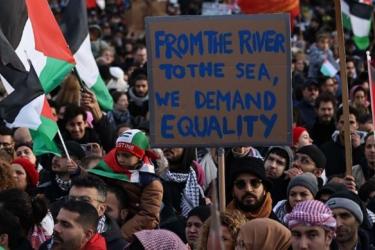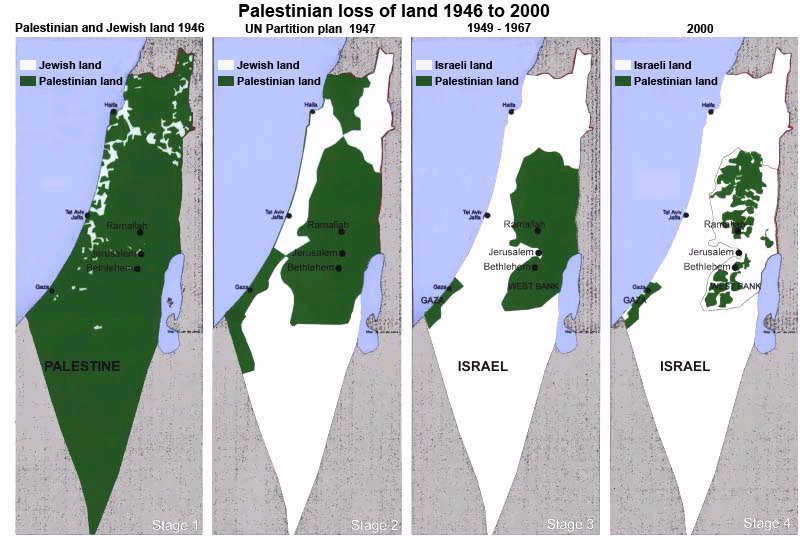PLO
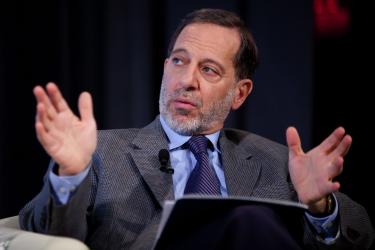
Rashid Khalidi: ‘Israel has created a nightmare scenario for itself. The clock is ticking’
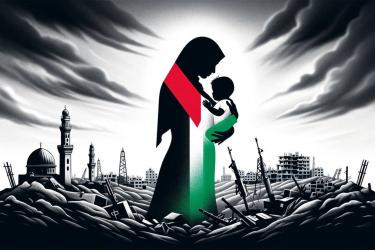
The neck and the sword: An interview with Rashid Khalidi by Tariq Ali
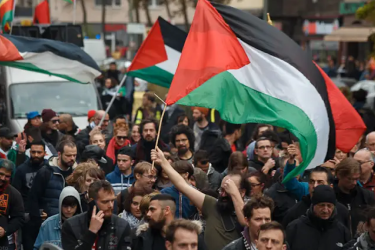
An interview With Tareq Baconi: Toward decolonization — The struggle for Palestine today
Tareq Baconi discusses Hamas’ attacks on October 7, Israel’s genocide, the state of Palestinian resistance and its implication for the region and world.
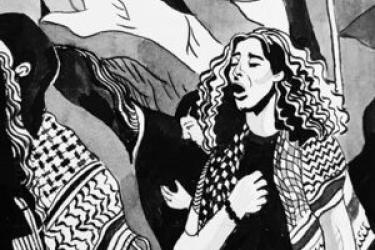
Palestinian resistance and the war in Gaza: An interview with Toufic Haddad
Palestinian People's Party's Shamikh Badra: 'Palestinians must unite to tackle occupation'
Shamikh Badra, youth leader of the Palestine People's Party, speaking at a forum in P
Does Palestinian Authority’s UN 'statehood' bid endanger Palestinian rights?

Palestinian Authority envoy to the United Nations Riyad Mansour.
By Ali Abunimah
August 8, 2011 -- Electronic Intifada -- The Palestinian Boycott National Committee (BNC), the steering group of the international boycott, divestment and sanctions (BDS) campaign, has issued further guidance in the run up to the Palestinian Authority’s effort to gain UN membership for a “State of Palestine” in September.
The BNC statement implicitly warns that recognition of any “state” that did not include full recognition of all Palestinian rights and the right of all Palestinians everywhere to be represented, could violate or negate those rights.
The statement further warns that governments around the world cannot use symbolic recognition of a Palestinian “state” to evade their responsibilities.
Tariq Ali on `The Palestine Papers': Total capitulation

Mahmoud Abbas with US President George W. Bush and Israel's Prime Minister Ariel Sharon at the Red Sea Summit in Aqaba, Jordan, on June 4, 2003.
